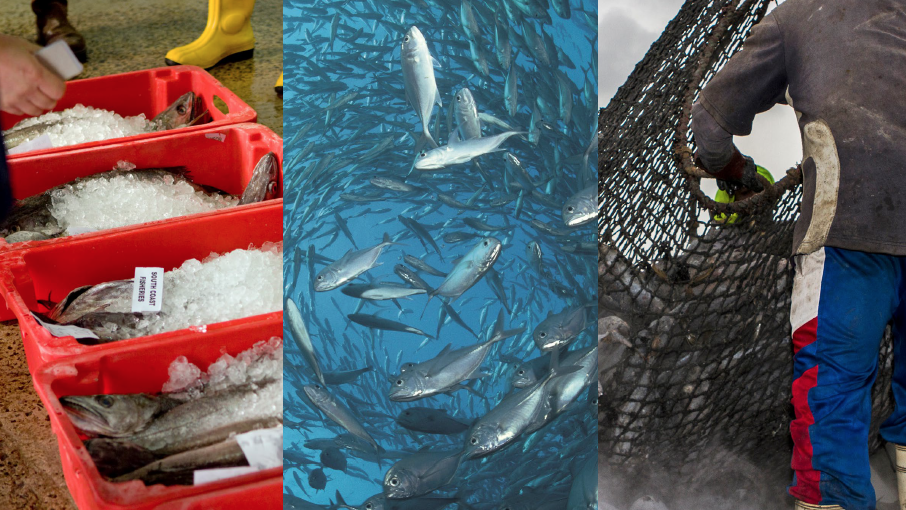Seafood Supply Chain Code of Practice Published

A new voluntary Code of Practice for due diligence and fair working practices in the fisheries sector has been published.
The Code of Practice Publicly Available Specification (PAS) 1550:2017 takes the form of guidance and recommendations and aims to support decent working conditions on board vessels, in factories and all throughout the seafood supply chain.
The seafood industry has had numerous cases of slavery exposed. The U.S. Department of State has released its 2017 Trafficking in Persons Report in June highlighting a large number of crimes in the industry, naming countries such as Belize, Burma, Cabo Verde, Cambodia, Cameroon, Comeros, Fiji, Ghana, Guinea, Honduras, Indonesia, Israel, Kenya, South Korea, Malawi, Marshall Islands, Micronesia, Papua New Guinea, the Philippines, Senegal, Sierra Leone, Singapore, Solomon Islands, South Africa, Taiwan, Thailand, Uganda and the United Kingdom.
The PAS was developed with the support of 16 stakeholders including Human Rights at Sea, the British Retail Consortium (BRC), ClientEarth, Environmental Justice Foundation (EJF), FishWise, Food and Drink Federation (FDF), Lovering Foods, Marine Management Organisation (MMO), MRAG, Oceana, The Pew Charitable Trusts (Pew), Seafish, U.K. Seafood Industry Alliance, Tesco Stores Limited, Wm. Morrison Supermarkets and WWF.
It builds on the 2015 BRC Advisory Note for the U.K. supply chain on how to avoid Illegal, Unreported and Unregulated (IUU) fishery products and is aimed at processors and importers. It gives recommendations on: a due diligence system in order to minimize the risk of IUU seafood in the supply chain; how to minimize the risk of a lack of decent conditions at work in the supply chain and traceability systems.
The PAS was developed with the financial support of the Environmental Justice Foundation (EJF), Oceana, The Pew Charitable Trusts (Pew) and WWF. Its development was facilitated by BSI Standards Limited, and it was published under license from The British Standards Institution (BSI). It came into effect on July 31, 2017.
The Code of Practice is available here.
